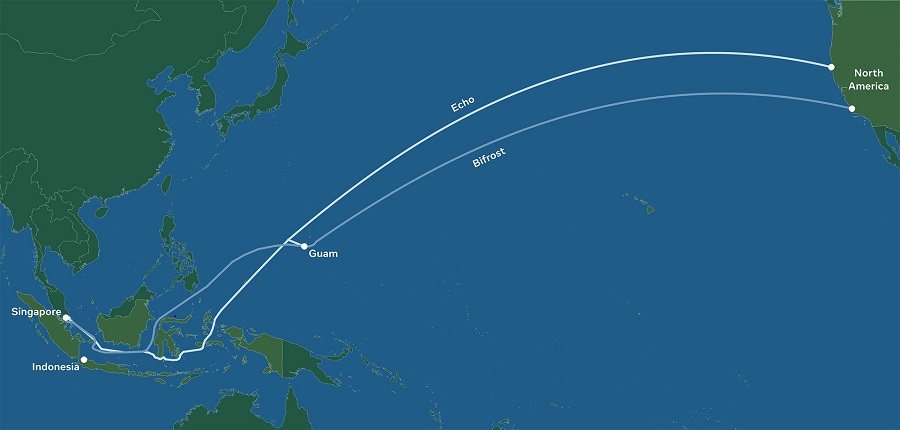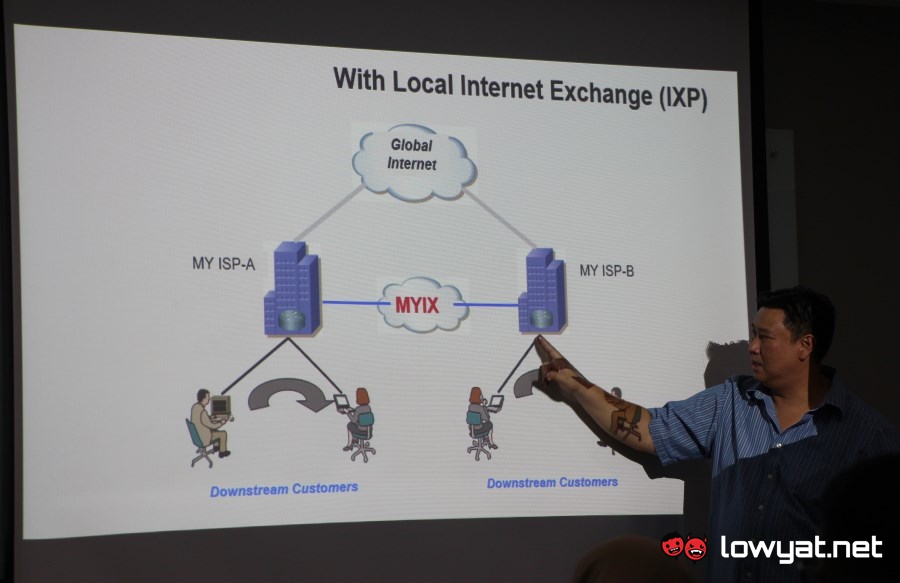The statement came just days after Facebook announced its plan to build two new undersea cables together with Google and a number of local telcos as well as data centre operators, that will link Singapore, Indonesia and the U.S. MyIX’s Chairman Chiew Kok Hin who is also the CEO of AIMS Data Centre, one of the region’s top data centre operators stated that the decision by Facebook is a significant loss for Malaysia.
The intention of having the cabotage exemption policy is so that maintenance and repair jobs on undersea cables within our waters can be completed much faster. This subsequently means fewer disruptions on our Internet traffic and if you are operating a data centre or digital service, having a stable network is definitely a must for your business. There is also the fact that there are not many Malaysian vessels that can perform such work. When the Ministry of Transportation revoked the policy last November, it caused uproar and concern within the tech industry to the extent that some tech giants are reportedly rethinking their cable investments in Malaysia. Chiew pointed out that the removal of the exemption has increased the time taken to repair undersea cables in Malaysia by up to 27 days. As a comparison, it only took Vietnam 12 days to perform such work while Singapore and the Philippines were apparently able to do it within 19 and 20 days, respectively. He also further said that while the government is clearly aiming for Malaysia to have the most submarine cables landing in Southeast Asia by 2025 as specified by the MyDIGITAL initiative, the current cabotage policy could be a massive hindrance. (Source: MyIX.)

